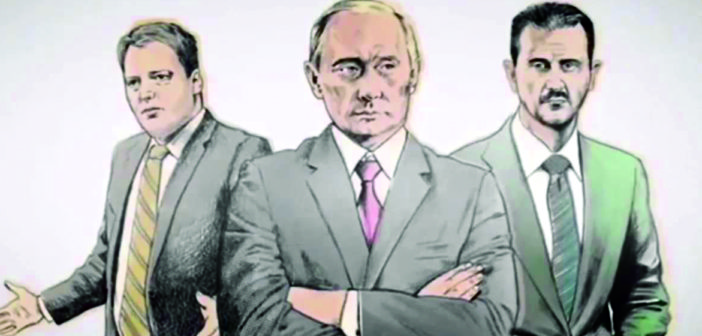On April 3, 2016, The International Consortium of Investigative Journalists (ICIJ) published the first parts of its report known as the Panama Papers.
These documents, which amount to 11.5 million in number, are in-depth reports of over 200,000 off-shore companies listed under the Panama-based corporate service provider Mossack Fonseca. Within the reports, lists of names are given. These include the identities of directors and major shareholders, which were previously undisclosed to the public.
To give a greater understanding of the sheer size of this report, which was given anonymously to the ICIJ nearly a year ago, the Panama Papers are more than three times the size of the NSA leak conducted by infamous whistleblower Edward Snowden in 2012; the complete data amounts to 2.6 terabytes, or 2,600,000,000,000 bits.
The real question though, is not just how large the report is, but what it entails. What does a massive report on off-shore companies tell us?
The short answer? Possibly nothing. At least in the grand scheme of things.
Off-shore companies are not illegal to invest in or operate, and many prominent business figures around the world do so. Whether it be to combat “raids” by highly organized crime units, to fight against harsh currency restrictions within their country, or to establish means of inheritance for when they pass.
However, the documents that makeup the Panama Papers do not dwell on the legal conducts, but rather the apparent attempt of hundreds, if not thousands (a complete list has not been revealed) of high-profile political, social, and economic figures to avoid tax payments and embezzle money by storing it in off-shore companies. Department chair of the political science department William Muck puts it another way.
“What the Panama Papers do is show us there is this whole other world, where the connected, the politically powerful, and the elite rich, are able to skirt some of the domestic and global financial regulations as a way of protecting their own wealth,” said Muck.
Already there are solid ties to major heads of government around the world, including Prime Minister of the United Kingdom David Cameron, President Vladimir Putin of Russia, President Petro Poroshenko of Ukraine, Prime Minister of Iceland Sigmundur Gunnlaugsson, and several former presidents and vice presidents of Middle Eastern countries such as Iraq, Pakistan, and Egypt.
The ties do not halt at the political sphere either; other well-known names have surfaced, such as Argentinian soccer star Lionel Messi, who was mentioned under a list of people who avoided years of tax payments.
Now, exactly how are these people connected? Are their names distinctly mentioned within these off-shore companies?
The short answer again? Not at all. However, Muck believes that’s expected.
“Part of this set up is having plausible deniability; it’s not having your name directly linked,” said Muck. “The problem, and reality, is if there’s smoke, there’s fire, and the sheer number of individuals and shell corporations uncovered suggest this is a popular strategy.”
Luckily, direct involvement may not be necessary, as connections can easily be made through the names that are listed under each company. Such as the case of Prime Minister Cameron, whose father was listed as the head of a shell corporation; such a close connection puts a great amount of suspicion on Cameron himself. Similar cases are occurring with all major political and social figures named; the people don’t always need proof on paper to establish guilt.
Of it all, the key to the Panama Papers having any lasting effect on the global sphere is continued coverage and social interest. It is possible that change may be seen voluntarily at the top political level, but heavy doubts linger in that hope.
“It would require greater pressure amongst global states to increase regulations, and that boils down to whether there’s a political desire among leaders, who are often engaged in this behavior, to push back against it,” said Muck. “Those answers will come in the next year or so.”
Regardless of the cause, there could be great change seen in the next year, as the Panama Papers unravel and more information comes to light. Whether citizens around the world will continue to research and stay informed on the subject, continue pressuring their governments for answers, and demand change, is truly up to each individual.
As was the case with the NSA leaks by Edward Snowden, the debate arises with the Panama Papers over whether classified information should be leaked. Though it now covers a more economic field, as opposed to a governmental security one with the NSA, the question remains: is there some information the public should be kept from knowing? Many, including Professor Muck, are torn–to a degree.
“I understand the interest of governments around the world that there have to be certain degrees of secrecy,” said Muck. “However, when they don’t comply with current laws set up to allow public access to information, then it’s inevitable that people and organizations are going to explore and utilize explicit ways of obtaining it, and I can’t fully criticize them for that.”

